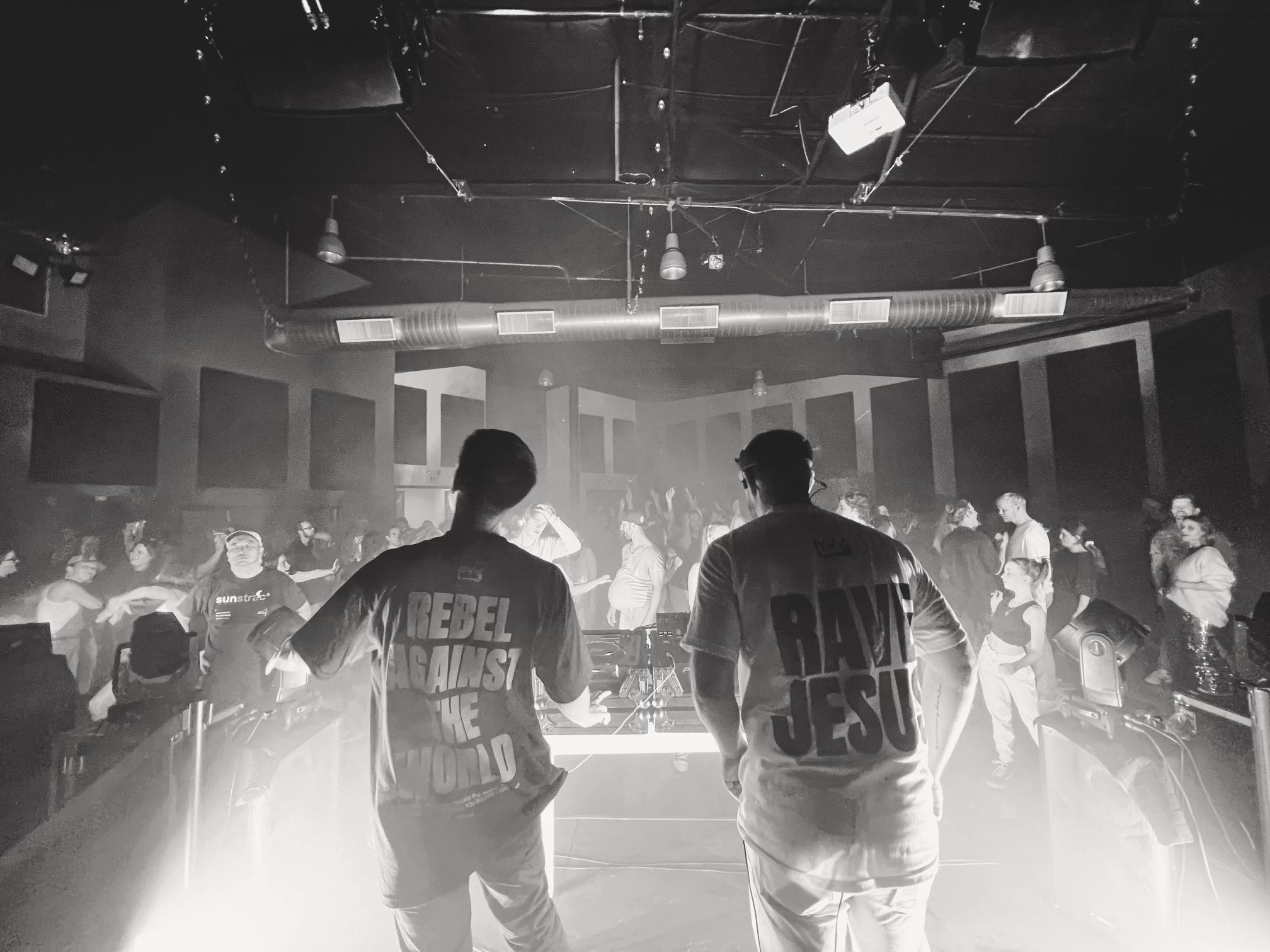Electronic dance music (EDM) has evolved and many DJs, producers and music enthusiasts are finding that they no longer need to be limited to CD turntables and simple FM synthesisers when setting up a studio. With the advent of online EDM stores, amateur producers have access to equipment that was previously only available to industry heavyweights. The evolution of technology has resulted in cheaper and more versatile electronic equipment than ever before. Today, a modest DJ or pop star can have a whole truck load of gear at their disposal from a laptop computer to an iPad and turntables and mixer. The equipment is so affordable and accessible that many artists no longer need to record to an expensive studio. They record online and can even mix and edit their own tracks.
This rise in electronic dance music equipment sales has created a new market for retailers who offer DJ equipment online. Some retailers sell only digital DJ equipment. Others offer a range of accessories, such as headphones, speakers and microphones. Many stores also offer a wide selection of DJ electronic dance music equipment and software. This has enabled many potential customers to buy items that they otherwise would have been unable to afford.
It is not uncommon to hear words such as “free” and “bargain” being used when talking about electronic dance music equipment. These terms can refer to the price of the recording or mixing software, the hardware, and sometimes the quality of the recordings. Sometimes recordings are made for free with the condition that the purchaser agrees to submit their tracks for testing by the store to make sure they will work as requested.
A good example of this is a viral campaign launched recently by a popular UK DJ called Will Love Me Today. The promo was an attempt to drum up interest for his upcoming album. He had previously released singles from his forthcoming album, featuring Top 40 hits from the eighties and nineties. One of the songs featured on the radio during the viral campaign, “Wet Paint,” featured a sample from one of his albums where he laments, “We don’t need no tomorrow/We don’t need no tomorrow.” At one point in the song, he also mentions how the late Michael Jackson changed his music and felt like it was meant to be forever.
This led him to set up a website where people can listen to his new album and download it for free. At the same time, he invited fans to send him their stereo images of their favorite tracks. If their stereo image was liked, they would receive a download link. As Will points out in the above video, the entire compositional process requires talented engineers, talented musicians and, yes, even creative artists who can come up with innovative ideas to present the tracks in a way that the DJ feels pleasing to hear.
This brings us to the second major component of the electronic music production process: the sound engineer. These folks spend most of the day playing recordings back to make sure that they do not ruin the original audio. They are the ones responsible for the balance, the bass lines, the ambient sounds and, yes, even the kick drum sound that will drive your dance floor into a frenzy when a hit single comes through. A good producer knows how to use effects, compression and other sound editing tools effectively so that he can customize a track to cater to each listener’s unique musical taste. They have to understand how to make a techno-pop track feel like a reggae track, a hard drive breakdown sound like a classical guitar riff and everything in between.
Finally, the vocals. Even though a lot of DJ’s feel like they know what they’re doing with the beat, the vocals still need to be seasoned. They must be able to sing cleanly over a beat and at the same time, have a soul. In order to really make an impression on the crowd, the vocals have to be powerful enough to stand out while still leaving the listener wanting more. This is where things like vocal training sessions come into play. A good producer knows that proper vocal technique takes practice but, more importantly, it will help him produce better sounding electronic music.
As you can see, the electronic dance music industry has changed drastically since the dawn of home computers and the invention of online video sharing websites. While radio hosts have always been around as a Compositional process that helps artists and fans to connect, the advent of the internet has made the entire Compositional process more accessible. Now a song can reach millions by becoming viral via the power of the internet. With vocals being the last component of this compositional process, the artist no longer has to rely on a radio host or a radio show, but can instead create a hit single in the comfort of their own living room.


